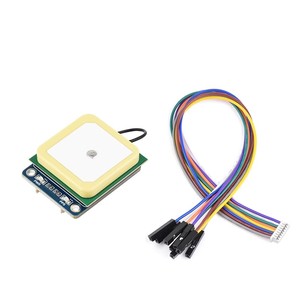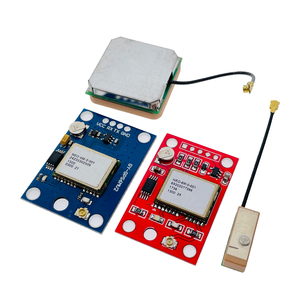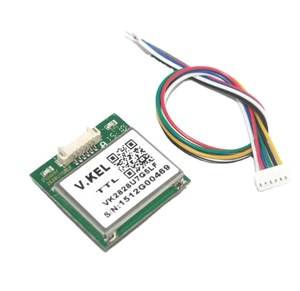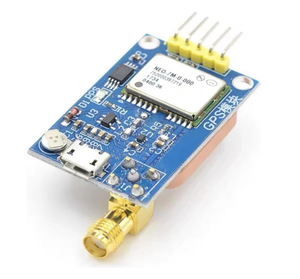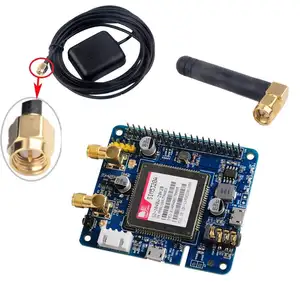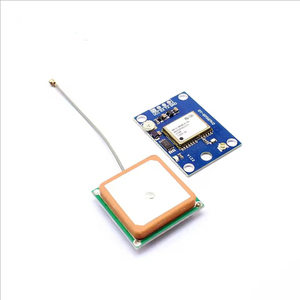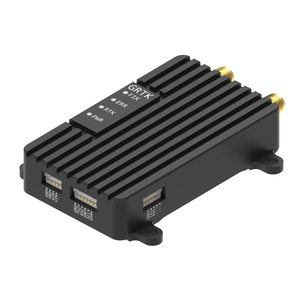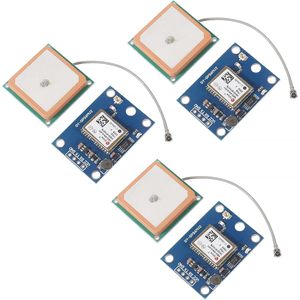Gps Module For Arduino Supplier

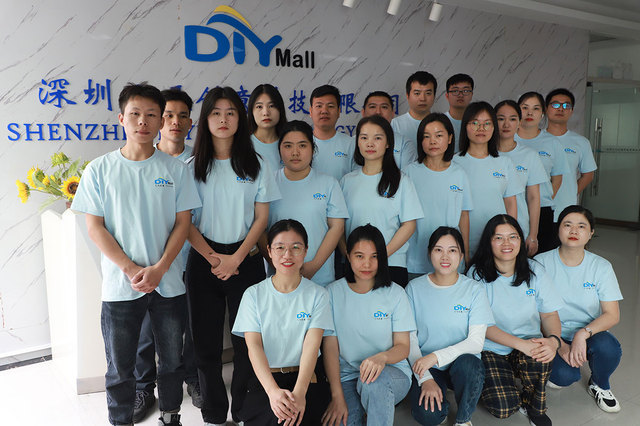




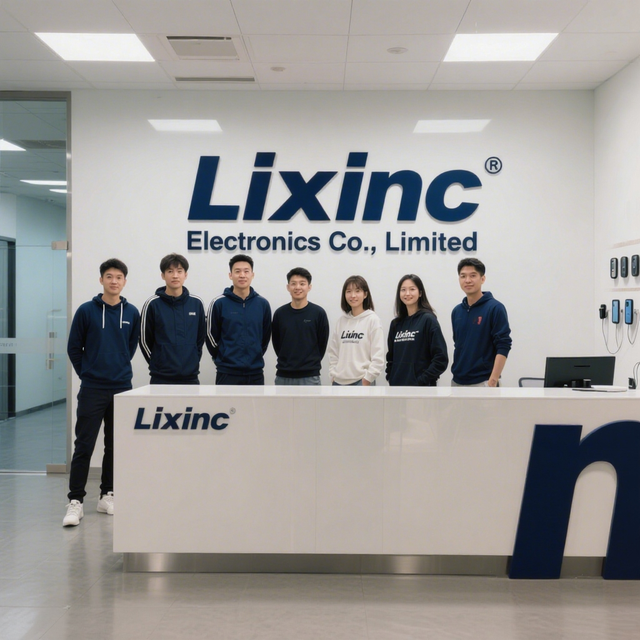




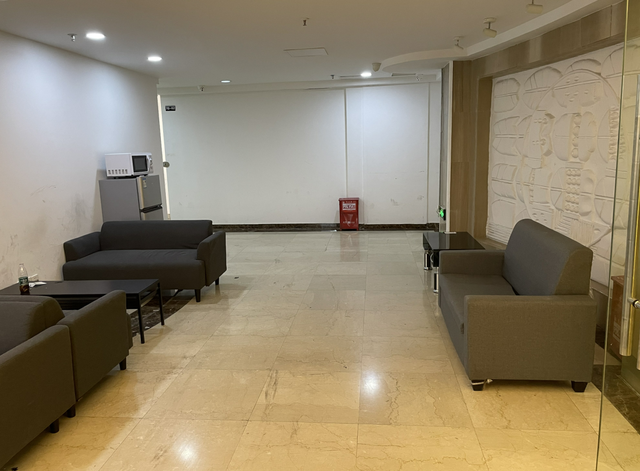



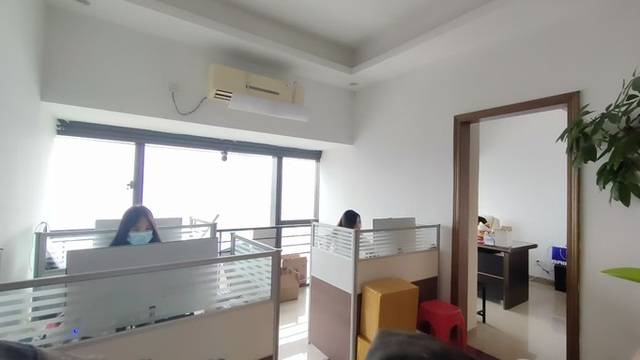


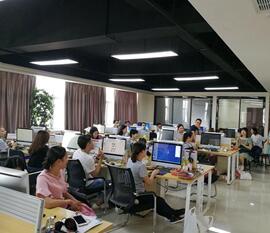




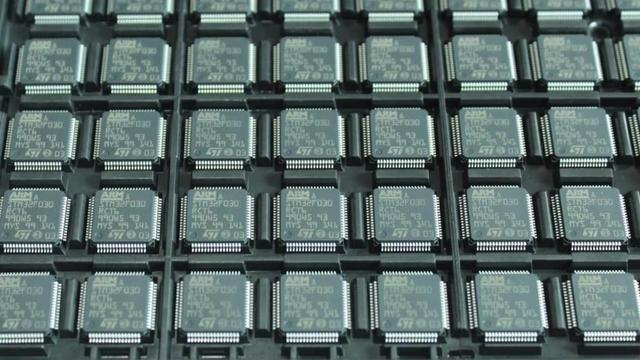






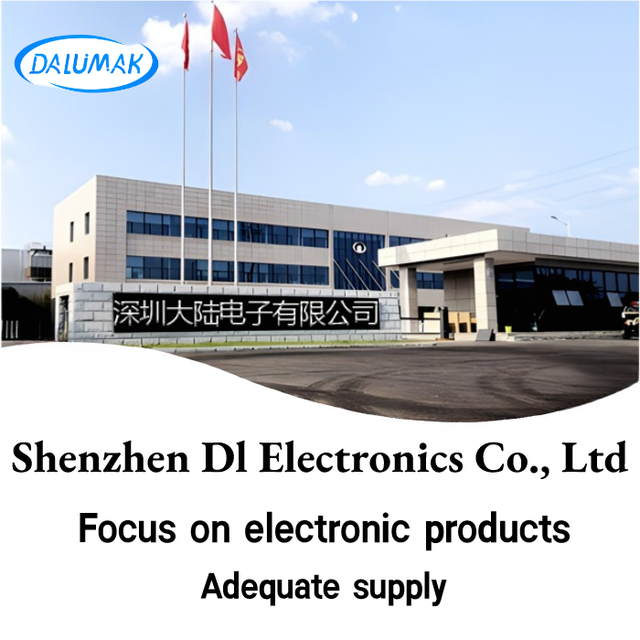



















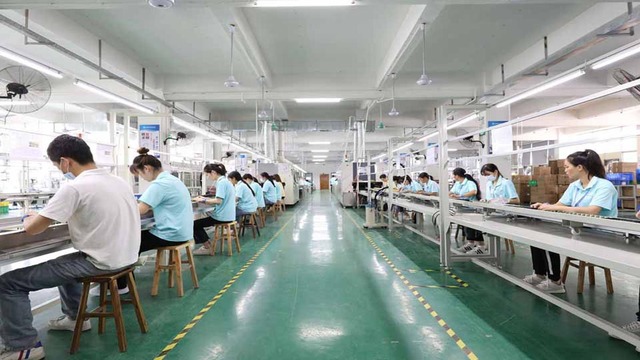



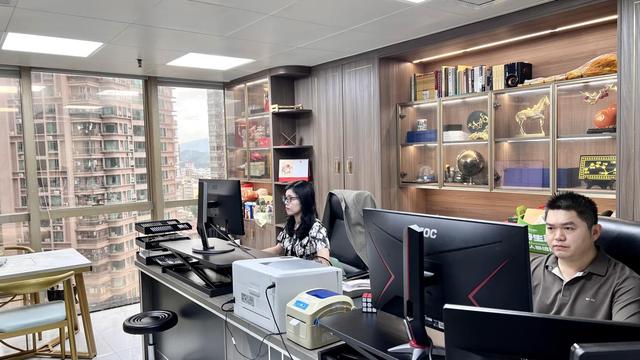




About gps module for arduino supplier
Where to Find GPS Module for Arduino Suppliers?
China remains the central hub for electronics component manufacturing, with Shenzhen and surrounding Guangdong Province regions serving as primary centers for GPS module production. These clusters host vertically integrated supply chains encompassing semiconductor packaging, PCB fabrication, antenna integration, and final assembly—enabling rapid prototyping and scalable production. The concentration of specialized IC distributors, RF testing labs, and logistics providers within 50km radii supports agile order fulfillment and cost-efficient sourcing.
Suppliers in this ecosystem typically operate lean production lines optimized for low-to-mid volume electronic modules, with monthly output capacity ranging from 10,000 to 50,000 units per facility. Most leverage surface-mount technology (SMT) lines for chip mounting, followed by automated optical inspection (AOI) and functional testing. Key materials include ceramic patch antennas, FR4 or flexible PCB substrates, and industrial-grade encapsulation resins. This infrastructure enables lead times averaging 7–15 days for sample batches and 20–30 days for bulk shipments, depending on customization level and order size.
How to Choose GPS Module for Arduino Suppliers?
Selecting reliable suppliers requires a structured evaluation across technical, operational, and transactional dimensions:
Technical Compliance & Design Expertise
Verify that suppliers offer modules compatible with standard Arduino interfaces (UART/TTL, I2C where applicable) and support common protocols such as NMEA 0183. Confirm chipset specifications (e.g., u-blox, Mediatek, AT6558R) and multi-constellation support (GPS, GLONASS, BeiDou, Galileo). Request test reports validating cold/warm start times, positioning accuracy (typically ≤2.5m CEP), and sensitivity levels (≤-160dBm tracking).
Production Capability Assessment
Evaluate core capabilities through available metrics:
- Minimum SMT line utilization for consistent solder joint quality
- In-house testing equipment for RF performance and signal acquisition validation
- Presence of firmware configuration tools for baud rate, update frequency, and power mode customization
Cross-reference online revenue data and listing volume to assess specialization depth—suppliers with higher product counts in GPS modules and development kits demonstrate stronger domain focus.
Transaction Safeguards and Operational Reliability
Prioritize partners with verified on-time delivery rates exceeding 95% and response times under 3 hours. Reorder rates above 20% indicate customer retention and satisfaction. Insist on traceable order management systems and consider third-party payment protection for initial transactions. Pre-shipment inspections should include live GPS lock verification under open-sky conditions.
What Are the Best GPS Module for Arduino Suppliers?
| Company Name | Main Products (Listings) | Online Revenue | On-Time Delivery | Reorder Rate | Avg. Response | Min. Order Quantity | Price Range (USD) |
|---|---|---|---|---|---|---|---|
| Shenzhen FlyFun Technology Co.,Ltd. | RC Parts & Accs (250), GPS Modules (24) | US $180,000+ | 100% | 21% | ≤7h | 10 pcs | $5.56–$22.82 |
| Shenzhen Dongheng Electronic Technology Co., Ltd. | Other ICs (1367), Dev Boards (166) | US $80,000+ | 96% | <15% | ≤1h | 1–10 pcs | $2.50–$11.70 |
| Lixinc Electronics Co., Limited | Other ICs (1545), Drones Accessories (1371) | US $60,000+ | 86% | 25% | ≤1h | 5–10 pcs | $1.00–$16.00 |
| Real Support Electronic Co., Ltd. | Other Electronic Components (159), WiFi Modules (36) | US $20,000+ | 100% | 20% | ≤3h | 1–100 pcs | $2.50–$12.00 |
| Shenzhen Xinliwei Electronics Technology Co., Ltd | Solid State Relays (1468), Other ICs (1324) | US $20,000+ | 100% | 25% | ≤2h | 1–10 pcs | $0.45–$21.84 |
Performance Analysis
Shenzhen FlyFun Technology leads in operational reliability with a 100% on-time delivery record and diversified GPS module offerings, though response speed lags behind peers. Shenzhen Dongheng distinguishes itself with sub-one-hour responsiveness and competitive pricing, ideal for fast-turn prototyping despite a lower reorder rate. Lixinc Electronics and Shenzhen Xinliwei both exhibit high reorder rates (25%), suggesting strong post-sale satisfaction, with Xinliwei offering the lowest entry price point at $0.45 per unit for small orders. Real Support Electronic matches perfect delivery performance with moderate responsiveness, suitable for mid-volume procurement. Buyers prioritizing scalability should favor suppliers with dedicated GPS listings and robust testing infrastructure, while those requiring flexibility benefit from low MOQs and broad protocol compatibility.
FAQs
How to verify GPS module supplier reliability?
Cross-check on-time delivery records and reorder rates against historical transaction data. Request evidence of functional testing procedures, including satellite acquisition logs and positional drift analysis. Validate compliance with RoHS and REACH standards for material safety, especially for embedded applications.
What is the typical sampling timeline?
Sample processing generally takes 3–7 days, with shipping adding 5–10 days via express courier. Some suppliers offer immediate dispatch for stock items like NEO-6M variants. Allow additional time for customized configurations involving firmware modification or antenna tuning.
Do suppliers support customization?
Yes, many suppliers provide options for baud rate adjustment, update frequency (1Hz to 10Hz), standby modes, and assisted GNSS (AGPS) integration. Custom pin headers, waterproof encapsulation, and magnetic mounting are available upon request, subject to MOQs of 500+ units for non-standard builds.
What are common MOQ and pricing structures?
MOQs range from 1 piece for basic models to 100 pieces for discounted bulk rates. Prices vary based on chipset complexity and features—basic NEO-6M modules start below $3, while dual-band or NB-IoT-enabled variants exceed $20. Volume discounts are typically applied at 100, 500, and 1,000-unit tiers.
Can GPS modules be integrated with other wireless technologies?
Several suppliers offer hybrid modules combining GPS with GSM, LoRa, Wi-Fi, or BLE, enabling standalone tracker solutions. Integration with Arduino platforms requires attention to voltage matching (3.3V vs 5V logic) and serial interface allocation to avoid conflicts with other peripherals.














